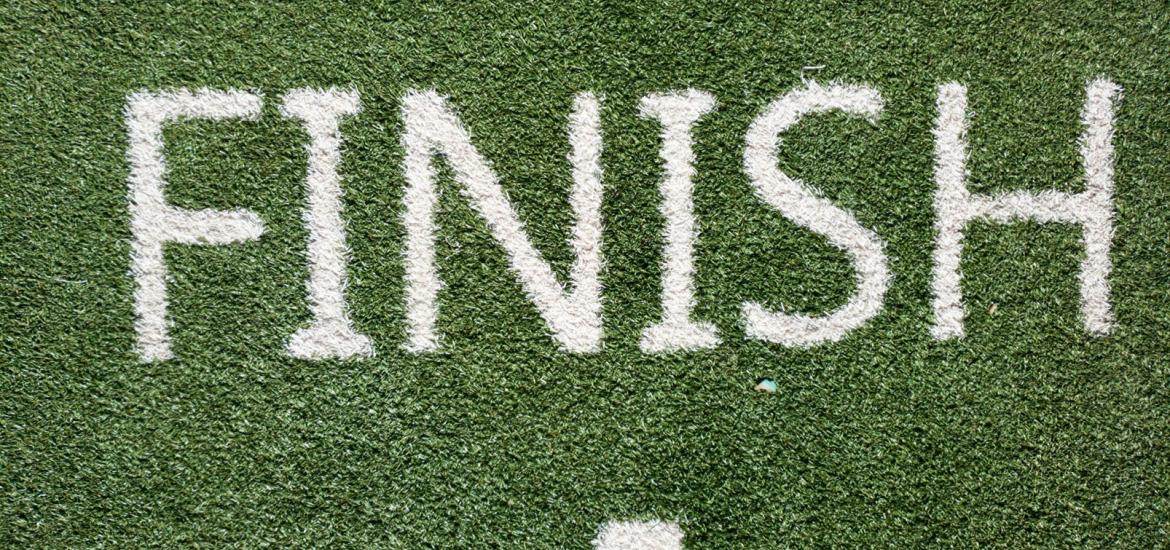
Atara still can't get across the US finish line
Just when investors thought things couldn't get any worse, they do.
Just when investors thought things couldn't get any worse, they do.

Deficiencies in third-party manufacturing are becoming a fairly common reason for US complete response letters, allowing companies with the standing of Regeneron, Johnson & Johnson and even Merck & Co to maintain some distance from the attendant disappointment. Not so Atara, whose stock crashed 40% on Thursday when it became the latest to suffer such a setback.
It's not that the CRL, concerning Ebvallo's US filing for EBV-positive post-transplant lymphoproliferative disease, can't be remedied – although things went from bad to worse with a clinical hold on Tuesday. The problem is that Atara's ability to do business in the near term hinged on an approval milestone from Pierre Fabre, and because that now won't now be received this year Atara has been plunged into uncertainty.
Setbacks
This is only the latest in a series of setbacks. Ebvallo, a donor-derived T-cell therapy against EBV antigens, was approved in the EU in 2022, but its US filing was only submitted last July, some two years after Atara began a series of back-and-forth discussions with the FDA about its approvability, manufacturing and clinical trial requirements.
In the meantime Atara came under financial pressure. Ebvallo had once been its lead project, but a few years ago the company made a cautious entry into Car-T therapy, which now makes up most of its R&D effort.
Ebvallo was licensed to Pierre Fabre, first ex-US and later globally, meaning that the product now exists for Atara mainly as a source of milestone and royalty payments. For example, acceptance of the US BLA triggered a $20m milestone, and a $60m payment was due on US approval.
At the end of last year Atara had $43m in the bank, and earlier said it had enough to see it into 2027 – only if it received the $60m milestone plus initial US sales royalties, as well as payments from Pierre Fabre for Ebvallo inventory.
Now that this near-term financial lifeline has been cut away Atara is reviewing strategic alternatives, including the sale of Car-T assets; it had already implemented a 25% staff cut last year. Its priority is that investors should keep their financial stake in Ebvallo, even hinting at a future existence as an entity that merely banks milestones and royalties.
Niche use
Even so the relevance of Ebvallo is questionable; post-transplant lymphoproliferative disease is a niche indication with “a few hundred” patients worldwide, according to Evercore ISI analysts. Atara says if it can't find a "strategic resolution" during the current quarter it will slash more costs, suspend Car-T work, and transfer all Ebvallo activities to Pierre Fabre.
Unfortunately, even in a best-case scenario investors won't see the full benefit. For one there would be significant further termination costs to bear.
Then there is an ongoing dispute over liabilities owed to Memorial Sloan Kettering, which claims to have a stake in Ebvallo. Last year Atara paid MSKCC $6m "under protest", relating to MSKCC's entitlement to a share of a $60m payment from Pierre Fabre. Atara insists that it doesn't owe MSKCC this $6m, and wants to enter mediation to resolve the matter.
Ultimately Atara says Ebvallo can be resubmitted once the manufacturing issues are addressed, with no need for additional clinical trials, and an FDA verdict is possible within six months of resubmission. This suggests that approval, and the $60m milestone, might be possible in 2026.
It is now an open question whether resubmission will become more difficult with this week's clinical hold, which is directly related to the third-party manufacturing issues, and also hits Atara's lead Car-T project, ATA3219. The company said it was working the the FDA to address the problems as quickly as possible.
Atara stock lost another 8% on Tuesday. After so many delays, shareholders clearly don't share the company's optimism.
An Atara timeline
| Date | Note |
|---|---|
| Jan 2025 | Ebvallo filing receives US CRL; FDA also places all Atara’s active IND applications on clinical hold |
| Jul 2024 | FDA accepts Ebvallo filing (15 Jan 2025 PDUFA date) |
| Mar 2024 | MSKCC deal covering mesothelin Car-T (ATA2271 & ATA3271) is terminated |
| Jan 2024 | Atara cuts 25% of staff; focus turns to CD19 (ATA3219) & CD19xCD20 (ATA3431) Car-T projects |
| Nov 2023 | Multiple sclerosis trial of ATA188 project fails |
| Nov 2023 | Atara licenses Ebvallo US rights to Pierre Fabre; investment case turns to multiple sclerosis |
| Dec 2022 | EU approves Ebvallo |
| May 2022 | Bayer deal is terminated |
| 2022 | Atara meetings with FDA begin, to align on Ebvallo clinical & CMC requirements |
| Oct 2021 | Atarsa licenses Ebvallo ex-US rights to Pierre Fabre |
| Dec 2020 | Atara licenses mesothelin Car-T to Bayer |
| May 2018 | Second MSKCC deal, covering Car-T therapies |
| Jun 2015 | First MSKCC deal, covering rights to project that later becomes Ebvallo |
Source: OncologyPipeline & SEC filings.
This is an updated version of a story first published on 17 January 2025.
1866













